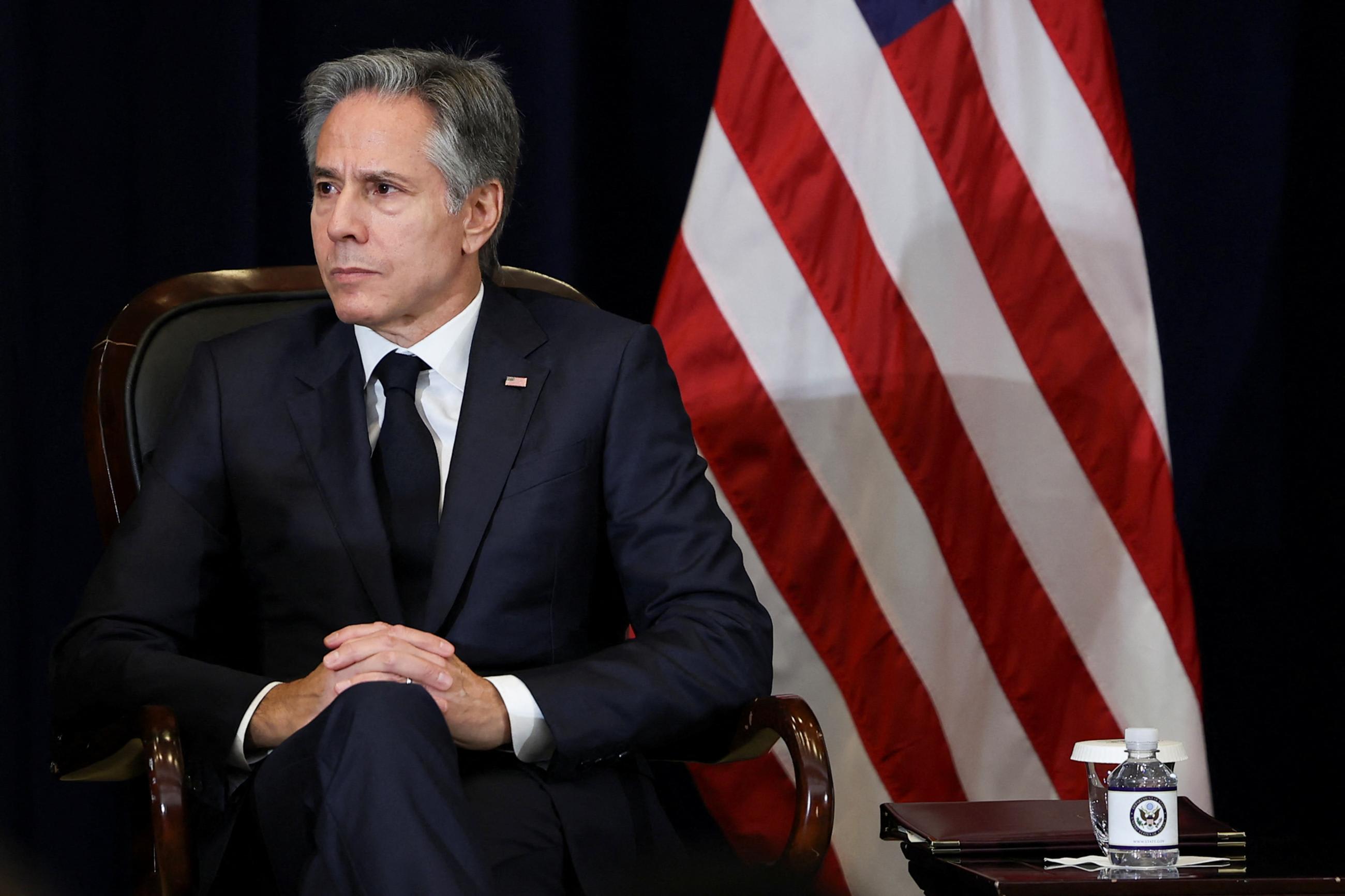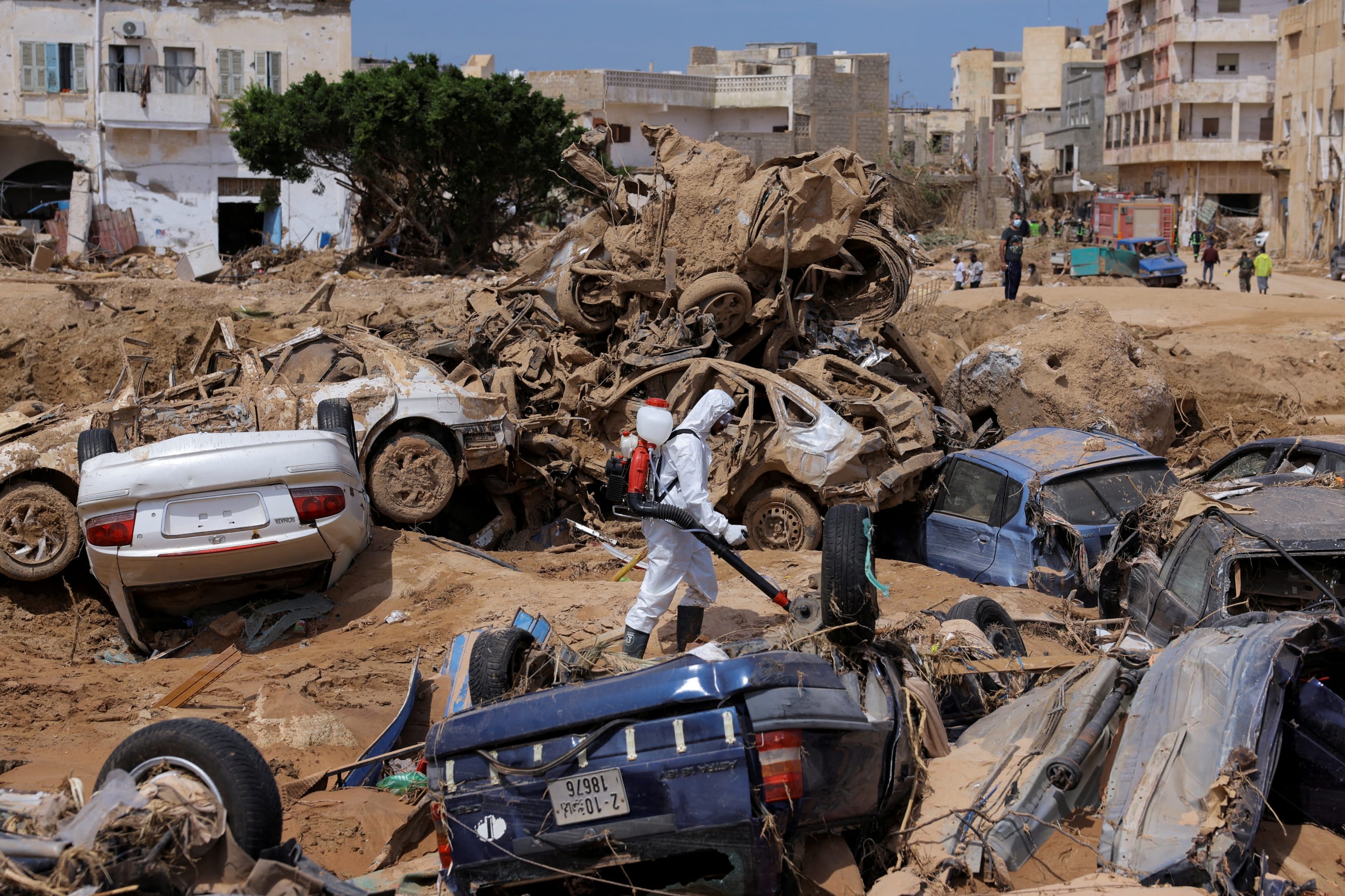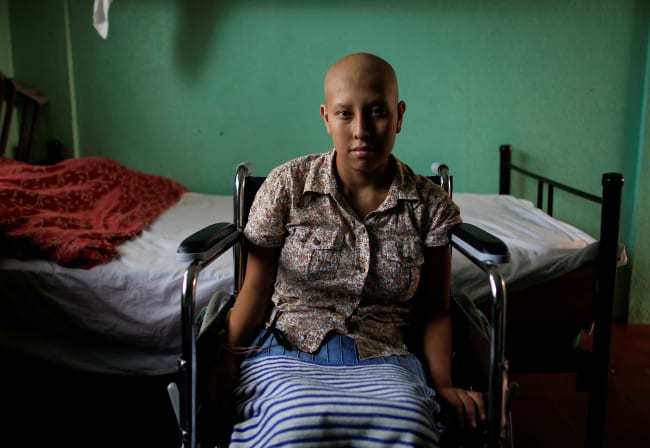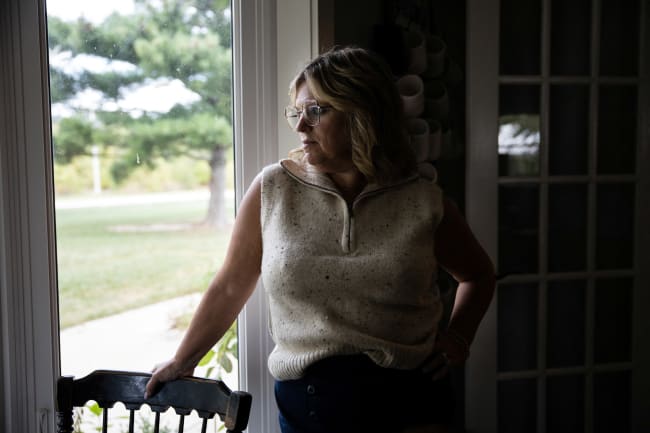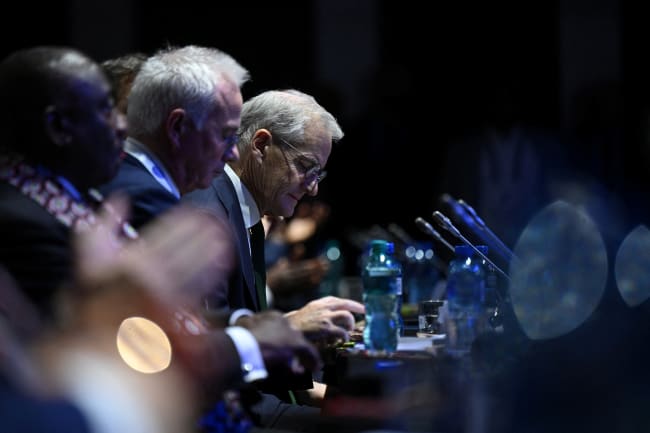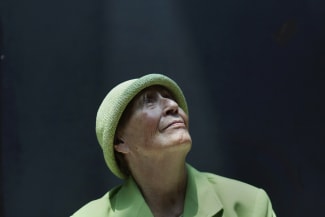Less than a month after I left office as president of Croatia, the World Health Organization (WHO) declared COVID-19 a global pandemic. In those early days of the pandemic, we all altered our lives in ways large and small, in line with the new global reality. The development of a vaccine in less than twelve months presented a significant ray of hope. It was distributed unevenly, however, and lower-income countries largely found themselves at the back of the line. Deeply concerned by this increasing inequality, I became a Global Ambassador for Vaccination for the nonprofit organization Women Political Leaders, and saw firsthand how access to vaccines and other life-saving countermeasures was too often determined by place of birth or ability to pay rather than need.
This growing inequality was not only a moral failure but also a significant political and economic failure. The oft-repeated phrase "none of us are safe until we are all safe" rang hollow when, instead of international solidarity and cooperation, the global response was largely characterized by nationalism, division, and a narrow pursuit of profit. When some countries hoarded vaccines, when oxygen supplies fell devastatingly short, and when the global economic slowdown put pressure on fragile economies, it was lower-income countries that were disproportionately affected. The ripple effects of the catastrophe are still being felt today.
The ripple effects of the catastrophe are still being felt today
For much of my career, I've been a close observer of the connection between physical and mental health and human security. As a public servant in Croatia, I saw soldiers returning from war who struggled with posttraumatic stress disorder. The trauma they had experienced also affected their families and children, creating a transgenerational mental health crisis that affects the well-being of entire communities long after conflict has ceased.
Before my presidency—as a foreign service officer, ambassador, and minister of foreign affairs—I saw how women and some minorities in Afghanistan were denied access to vaccinations and other basic health care. This has depressed life expectancy for the entire population and caused an alarming increase in the incidence of preventable diseases such as measles, polio, and pertussis, reversing decades of development gains. It's not just a local problem. These diseases have the potential to spread around the world, particularly in places where communities have embraced misinformation about vaccination and forgone their protection. Thus, local outbreaks of diseases we had hoped were largely eradicated could quickly become major outbreaks.
Simply put, pandemics and other health emergencies do not respect borders. International cooperation is the only way to escape the cycle of panic and neglect that has characterized our response to them in the past. This includes the open exchange of information, and the establishment of financial mechanisms to ensure that all countries are contributing to shared systems that allow for the equitable distribution of vaccines and other countermeasures.
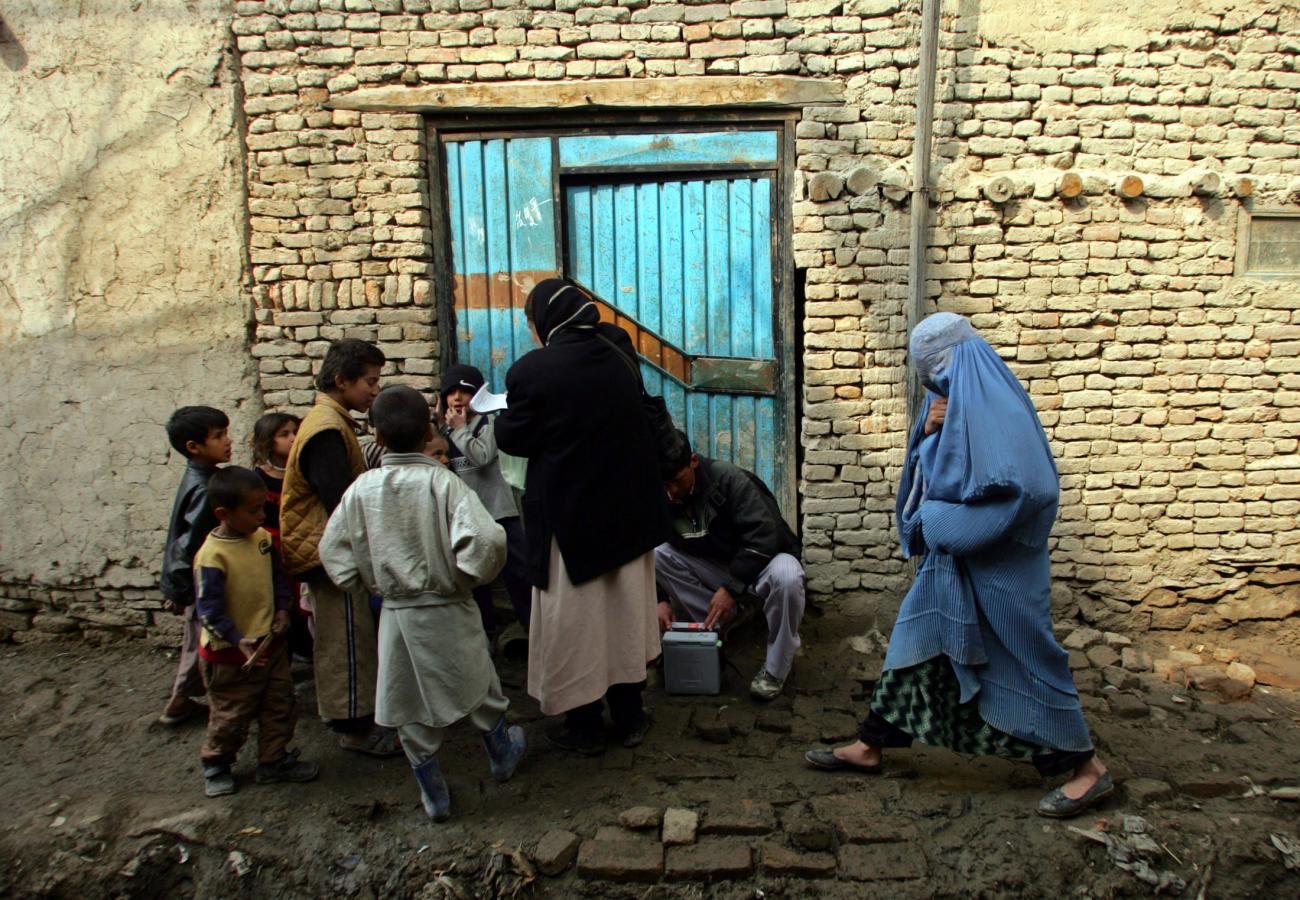
The world is more interdependent than ever, and our response to health emergencies must be as well. This is why I chose to become co-chair of the Global Preparedness Monitoring Board. Co-convened by the World Bank and the World Health Organization, the Board monitors and authoritatively reports on the state of global preparedness for pandemics and other health emergencies. In its first report in September 2019, the Board accurately predicted the immediate threat of a major respiratory pandemic that would cause many millions of deaths and damage the world economy.
Earlier this month, global leaders met on the sidelines of the UN General Assembly for a high-level meeting on pandemic prevention, preparedness, and response. In the lead-up to this meeting, the Board urged leaders to strengthen independent monitoring and accountability, which can provide critical information to diagnose gaps and weaknesses in preparedness and ensure that our investments follow the evidence and have the greatest impact. It can also help predict how well the health, education, trade, and other sectors will respond during a pandemic, so that we can improve their resilience. Independent monitoring can keep us mutually accountable to our collective goals and ensure that we don't fall behind.
Unfortunately, the political declaration that emerged from the meeting was not as robust as many of us advocated for, but the world must now look resolutely ahead. At this year's General Assembly, countries discussed the progress toward a legally binding pandemic accord. It is imperative that leaders commit to reinvigorating these negotiations and including robust mechanisms for independent monitoring and accountability in it.
In a time when we are facing multiple intersecting crises, from conflict to climate change, it is easy for our collective focus to shift to other pressing geopolitical issues. But missing this moment would be a catastrophic mistake. We must recognize that global health is a human security issue, and forge a path together toward a better-prepared world.
